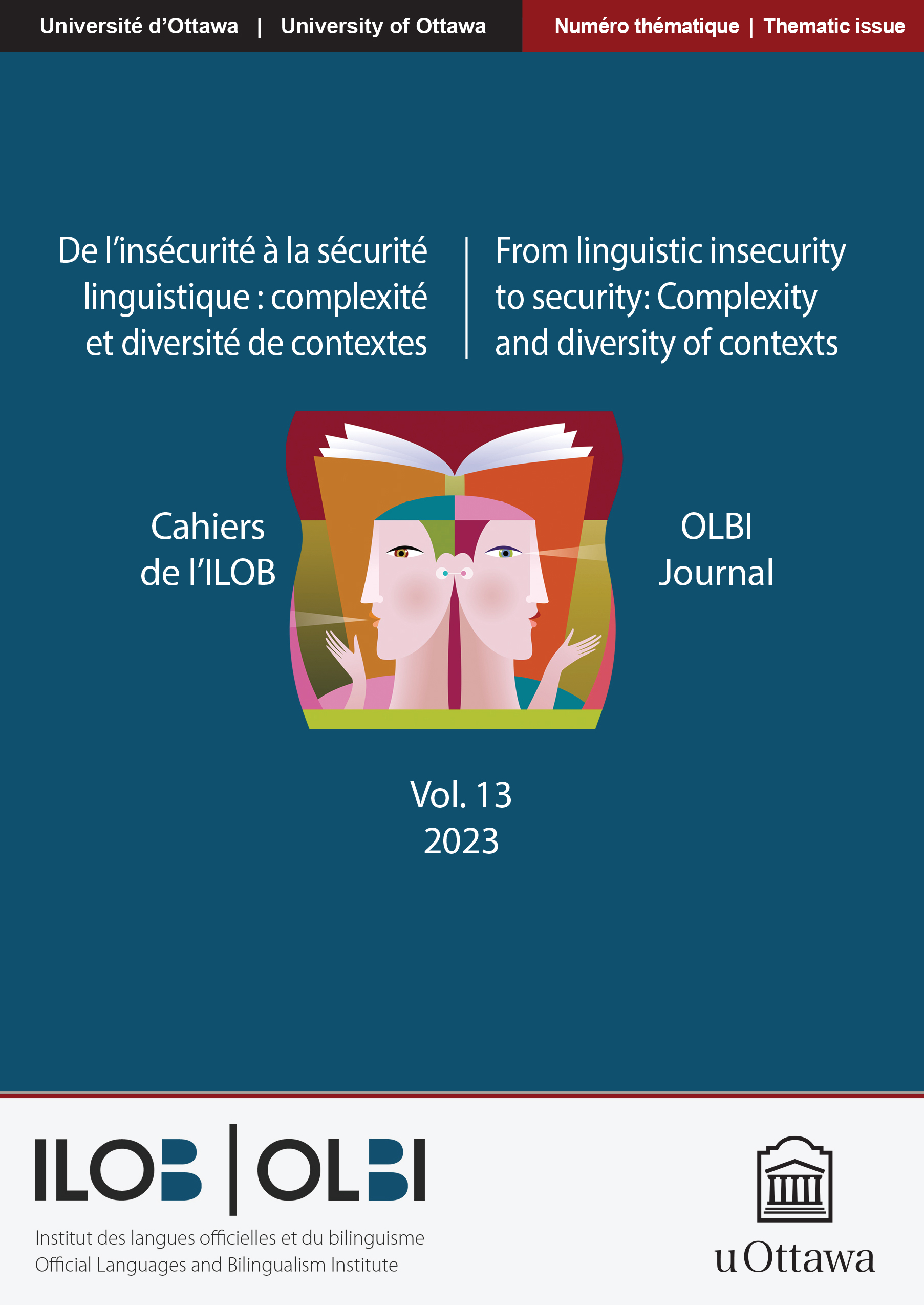Conforming migrant ideologies of English: The homogenising impact of linguistic stratification
DOI:
https://doi.org/10.18192/olbij.v13i1.6630Keywords:
Australia, language ideologies, linguistic stratification, migrants, multiculturalism, translation and interpretingAbstract
This article aims to examine English language ideologies held by translators and interpreters from migrant backgrounds in Australia in relation to transnational mobility and migrants’ effort to fit into the host society. Based on the analysis of mediatised autobiographical narratives written by language workers, the article explores how mobility desires and integration efforts are tied to English language ideologies shaped by linguistic stratification. Specific attention is paid to discursive processes by which beliefs in English are constructed and naturalised in line with the dominant language ideologies attached to English. Analysis demonstrates that positive ideologies of English are constantly highlighted and mobilised to simplify the reality, whereas the actual conditions which affect migrants remain predominantly unsaid. By exploring the intersections between language ideologies and linguistic stratification, the article considers language ideologies as a way of deepening our understanding about the relationships between linguistic stratification and macro power structures.
Downloads
Published
Issue
Section
License
Copyright (c) 2023 Jinhyun Cho

This work is licensed under a Creative Commons Attribution 4.0 International License.
Authors who publish with OLBI Journal agree to the following terms:
- Authors retain copyright and grant the OLBI Journal (OLBIJ) right of first publication with the work simultaneously licensed under a Creative Commons Attribution License that allows others to share the work with an acknowledgement of the work's authorship and initial publication in the OLBIJ.
- Authors are able to enter into separate, additional contractual arrangements for the non-exclusive distribution of the OLBIJ's published version of the work (e.g., post it to an institutional repository or publish it in a book), with an acknowledgement of its initial publication in the OLBIJ.
- Authors will not simultaneously submit the same piece of work for possible publication to more than one academic journal at a time.


